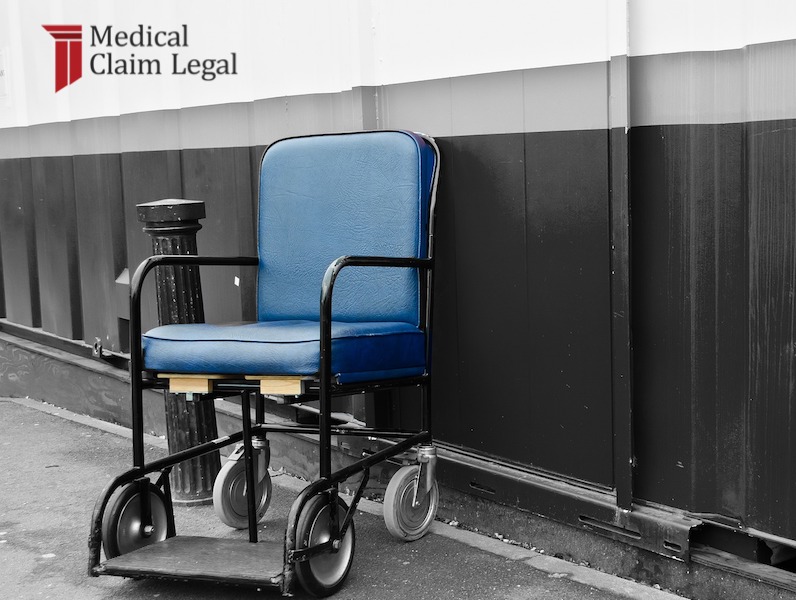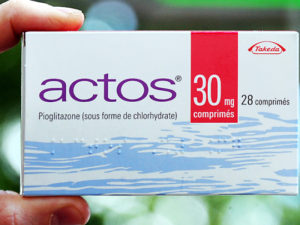Pediatricians recommend against using baby powder, amid talcum risks.
American Pediatric Association is now recommending against the use of baby powder. There have been recent notable concerns over talc being harmful to babies. Research suggested that the mineral could be inhaled and harm babies’ lungs.
Baby powder is a talcum powder blend that absorbs moisture and reduces chafing. Traditionally, it has been an important part of diaper-changing.
Some safer options on the market are using cornstarch to replace the talc in their powders. Additionally, some pediatrician recommend leaving babies bare altogether. Others suggest petroleum-based products for rashes.
David Soma, a Pediatrician with the Mayo Clinic Children’s Hospital, notes that the biggest issue is powders in general, not specially talcum-based powders. Soma states that whether it’s cornstarch-based or talcum-based “try to keep it well localized to the diaper and away from any area that can be inhaled.”










